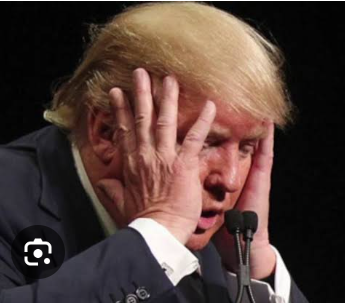

Washington, D.C. – March 08, 2025
Tesla, the electric vehicle giant led by billionaire Elon Musk, has found itself excluded from a significant U.S. government procurement plan, raising eyebrows and sparking debate across political and industrial circles. A recently revised State Department procurement forecast for fiscal year 2025 no longer lists Tesla as a potential supplier for a $400 million contract to provide armored electric vehicles, a decision that has fueled discussions about transparency, conflicts of interest, and the future of electric vehicle adoption in federal fleets.
The original procurement document, published in December 2024 under the outgoing Biden administration, explicitly mentioned “Armored Tesla (Production Units)” as part of the State Department’s plan to acquire sustainable armored vehicles. The inclusion suggested that Tesla, likely with its Cybertruck model due to its stainless-steel construction, was poised to secure the largest contract on the list. However, following media reports in mid-February by outlets such as Drop Site News and The New York Times, the Trump administration’s State Department swiftly amended the forecast, replacing “Armored Tesla” with a generic “Armored Electric Vehicles” designation. A spokesperson later confirmed that no contract had been awarded to Tesla or any other manufacturer, and there are currently no plans to proceed with the solicitation.
The decision to remove Tesla from the list has been linked to concerns over potential conflicts of interest, given Elon Musk’s prominent role in President Donald Trump’s administration. Musk, who heads the newly established Department of Government Efficiency (DOGE), has been tasked with slashing federal spending and rooting out inefficiencies. Critics pointed to Tesla’s exclusion as a possible reaction to scrutiny over whether Musk could leverage his position to benefit his companies, which already hold billions in government contracts—most notably through SpaceX, a key federal contractor.
Adding to the complexity, documents obtained by NPR in late February revealed that the Biden administration’s initial plan allocated just $483,000 for electric vehicle exploration in 2025, a stark contrast to the $400 million figure tied to Tesla in the original forecast. This discrepancy has led some analysts to question whether the Trump administration inflated the proposal only to abandon it amid public backlash. The State Department has maintained that the original mention of Tesla stemmed from a Biden-era request for information, to which Tesla was the sole respondent, but emphasized that no further action is planned.
Tesla’s exclusion marks a shift from earlier expectations that the company would play a key role in the U.S. government’s transition to zero-emission vehicles, a goal set by Biden’s now-revoked executive orders. While other manufacturers like BMW remain listed for smaller armored vehicle contracts, Tesla’s absence underscores a broader tension between Musk’s dual roles as a government adviser and a private-sector titan. Musk himself dismissed the initial reports on X, stating, “I’m pretty sure Tesla isn’t getting $400M. No one mentioned it to me, at least.”
As the Trump administration continues to reshape federal priorities, the fate of electric vehicles in government fleets remains uncertain. For now, Tesla’s ambitions to supply armored vehicles to the U.S. State Department appear stalled, leaving observers to speculate on the interplay of politics, policy, and profit in Washington.
(Suherman Aninsyah)







